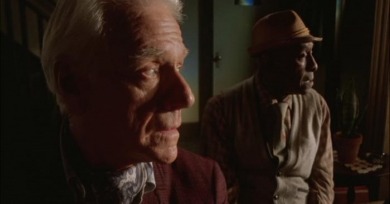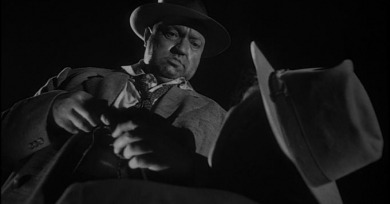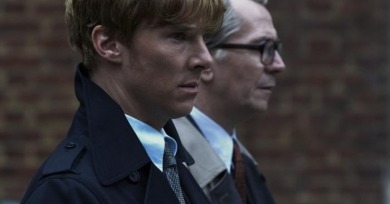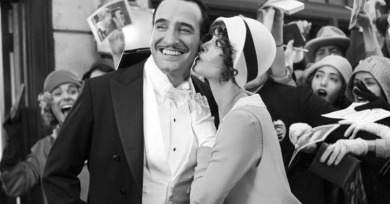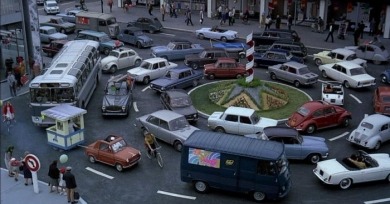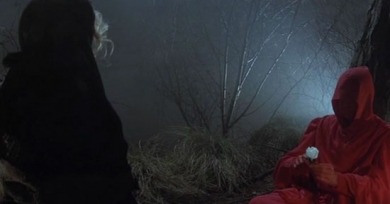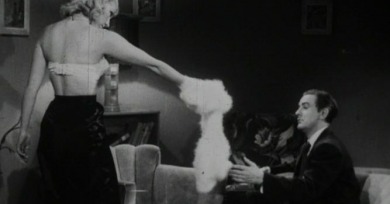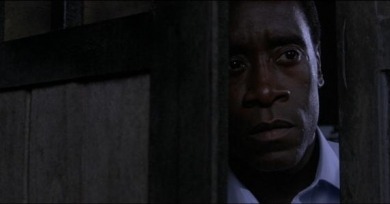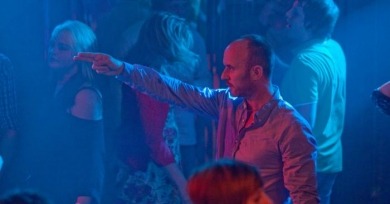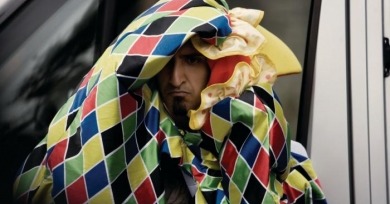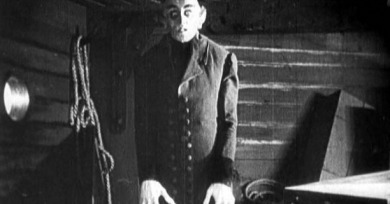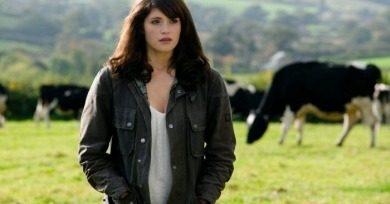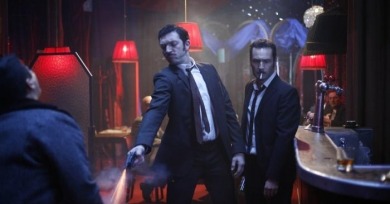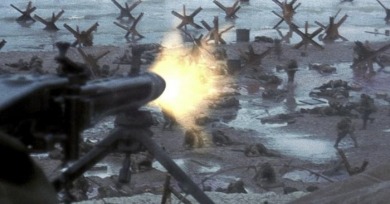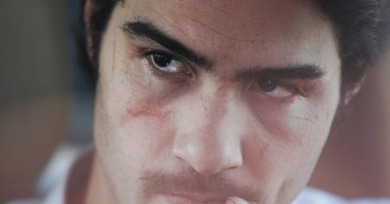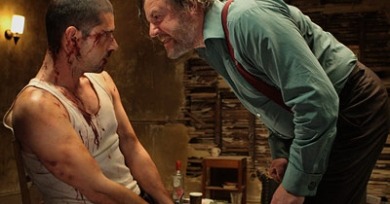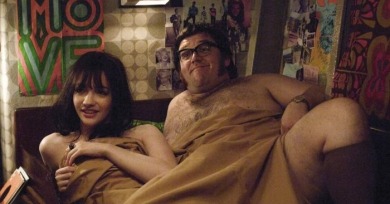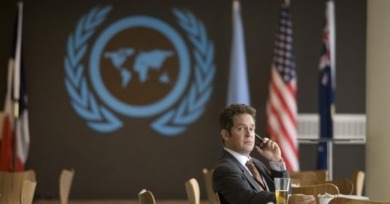Julien Allen
It’s set in an old folks’ home, visited by Scatman Crothers, in fully unapologetic Uncle Remus/Bagger Vance mode (a demeaning performance which whilst quite deliberately nostalgic, must surely have felt severely dated even in 1983).
Touch of Evil contains a single-take tracking shot of such elegance and skill that it may one day come to be seen as the ultimate expression of Orson Welles’s filmmaking prowess. See if you can spot it—it appears 34 minutes into the film.
here is a seam of self-deprecation running through British spy films that stretches back to Hitchcock’s The Lady Vanishes—that of the comparative dullness and vulnerability of Britain when confronted with a fearsome and organized European menace.
The recreation of the structure, pacing, and visual delights and imperfections of silent films is nigh on flawless: certain movements of characters appear artificially quicker; the intertitles frequently don’t match the words being said on screen, and are drafted as they would have been then.
The first clue is in the title. Not in its meaning exactly, but in the fact that when Jacques Tati’s 1967 cri de coeur, three painful years in the making, was finally released in French cinemas, the title was in English. Gasp!
The Masque of the Red Death, Lost Highway, Whistle and I’ll Come to You, Kill List, The Howling, Dr. Jekyll and Mr. Hyde, Fear(s) of the Dark
For a legitimate cinephile, intent on exploring the boundaries of cinema’s appeal, the matter of Wood’s technical competence is not structurally relevant to an appreciation of his work.
In the twenty years between the releases of The Killing Fields and Hotel Rwanda, remarkably little progress appears to have been made on either front. And we appear to have gone backwards in terms of aesthetics.
It is a unique experiment in film, blending street theater, archive documentary footage, newsreels, and, most controversially of all, the lip synching of audio interviews with Dunbar’s family, by actors, filmed in representational form as if they were speaking the very words to camera.
The slight shiver of excitement I habitually feel when sitting down to watch a new Ken Loach film is amplified on this occasion by a simple coincidence of dates: I am about to view Route Irish at home on my laptop, on the same day that it’s released in cinemas across the UK.
One could have been forgiven for flippantly wondering, when George W. Bush announced in November 2001 that any country harboring terrorists would be held accountable, which British city might be first on the list for U.S. air strikes. Manchester, perhaps? Bradford? Birmingham?
Nosferatu, The House of the Devil, My Dinner with Andre, The Thing, The X-Files: "Home," Empire of Passion, Rosemary’s Baby
The film's more resonant characters are to be found amongst the supporting cast of villagers. For example, what begins as a neat neo-Shakespearian conceit—two bored local teenaged girls observe all the shenanigans between bouts of texting and reading celebrity gossip rags—soon becomes neo-Homeric.
After 243 minutes of film, spread over two parts, the audience for Jean-François Richet’s much heralded and decorated 2008 movie (three Césars, including Best Actor and Director) could be forgiven for wondering wistfully how Godard’s version might have turned out.
The noise of a gunshot, the most temporally efficient evocation of death, could be argued to be the most purely cinematic sound of all. It contains, in a split second, an aural shock and the fear of its repercussions.
Rather than seeing Audiard as a successor to Bresson or Scorsese, it is more helpful to our understanding of A Prophet to position Audiard within France's post-war existentialist literary tradition, and more specifically alongside the work of Albert Camus.
About three quarters of the way through 44 Inch Chest, a battered and bloodied Melvil Poupaud, sitting handcuffed in a chair, looks at the camera for the first time. The expression on the art-house heartthrob’s face betrays fear, bewilderment, and possibly a tinge of regret.
n all fairness, it should be said that there is much to enjoy in Pirate Radio, notably a few set pieces in which Curtis the writer really comes into his own, as well as that overarching sense of bonhomie that infects all Curtis productions and makes watching them akin to eating a big cheap candy bar.
In the Loop is an ammonia-scented satirical critique of those British politicians star-struck by Washington in the build-up to the Iraq war.
